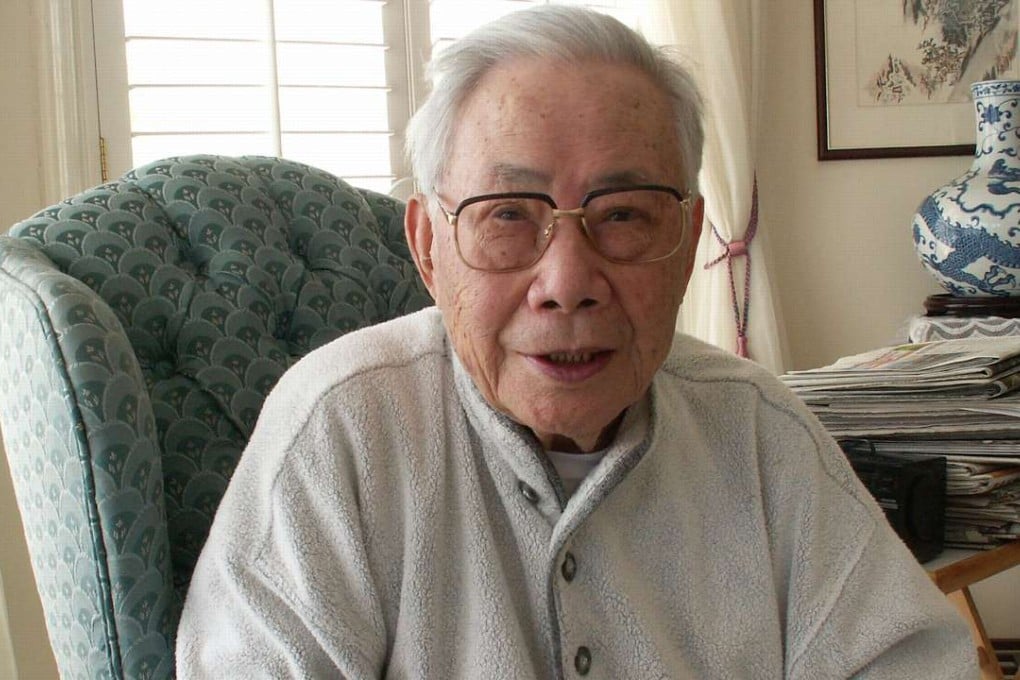Xu Jiatun: the Communist cadre who reached out to all sectors in Hong Kong
Former Xinhua director dies in Los Angeles at the age of 100; he fled to the United States after sympathising with pro-democracy protesters in Beijing in 1989

Loyalist, liberal, conservative – it all depends on who you ask.
Xu Jiatun could be described as fitting any of these labels. And even then, many could not quite decide which camp he was in as some called him Communist China’s man in Hong Kong while others referred to him as the capitalist city’s man on the mainland.
Such was the tact and skill that Xu, a former Communist Party cadre who served as Beijing’s top envoy in Hong Kong for seven years, displayed throughout his life, most notably through a period of political turbulence on the mainland and anxiety in the city.
But mostly he will be remembered for sympathising with students in the 1989 pro-democracy movement that sprung up around Tiananmen Square in Beijing, an event that prompted him to seek refuge in the United States.
His dream of returning to his homeland never materialised. Xu died at the age of 100 in Los Angeles where he spent the last 26 years of his life after fleeing his homeland in 1990.